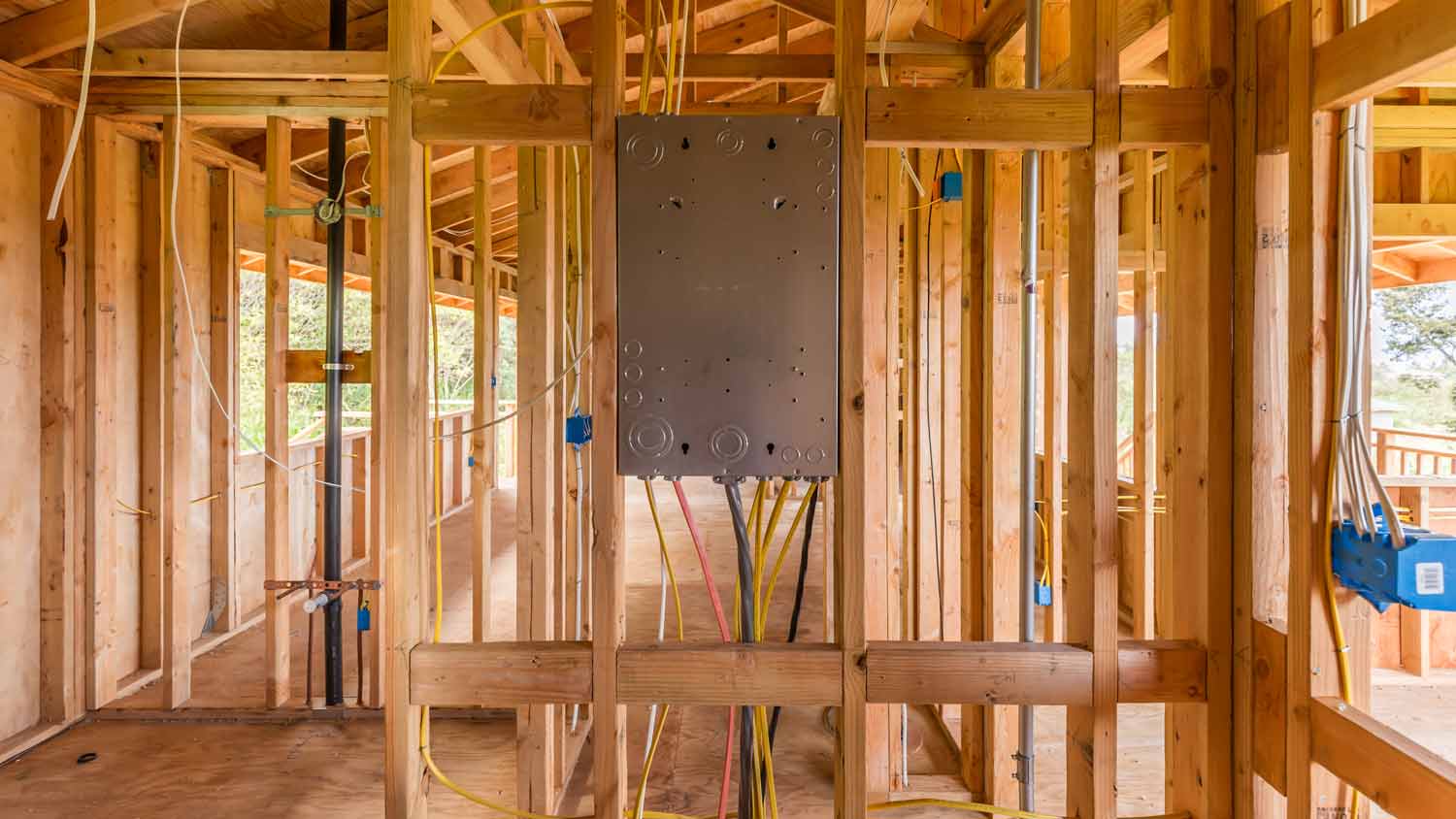What Are the Most Common Electrical Problems?
Dimming lights, bulbs that burn out quickly, or high power bills can all be signs of electrical problems in your home
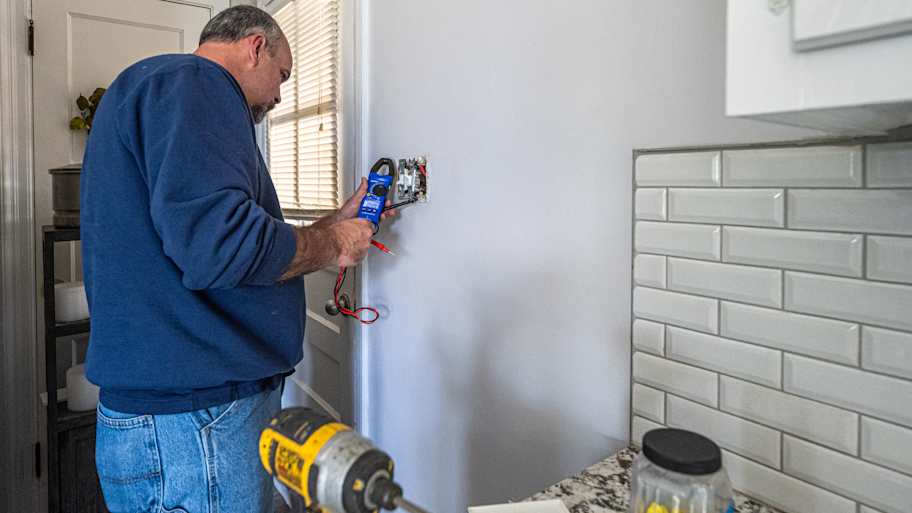

Electrical problems happen in every home, the trick is to identify the problem in time. When you see any eclectic warning signs, it's better to call a professional, or you might be risking inconsistent electrical performances or safety hazards in your home.
Here are 10 of the most common electrical problems that you should know.
1. Electrical Surges
Lightning strikes, faulty electrical appliances, or bad wiring can all cause high-voltage disruptions in the flow of electricity which leads to electrical surges in your home.
While a surge only lasts for a split second, frequent surges can damage any electrical device connected to your home and drastically reduce its lifespan.
If you experience frequent electrical surges, try removing any cheaply-made devices from the outlet to see if this prevents the surges. Otherwise, it might be time to consult an electrician to inspect and correct the problem.
2. No RCCB
An RCCB (Residual Current Circuit Breaker) is a device used for detecting and preventing low voltage circuits if there is a current leak. The device will automatically disconnect from the main supply when the circuit has residual current.
Installing RCCB can ensure protection against electrocution, which can happen because of leakage.
3. Circuit Breaker Keeps Tripping
If your circuit breaker trip, chances are it detected some issues in the current circuit. A circuit breaker is made to protect your home from overheating and fires, so when it trips, that’s a sign it’s doing its job.
If the same issue continues to happen, it’s an indicator of electrical issues in your home. It’s time to call an electrician to inspect for signs of bad wiring, ground faults, or other more complex electrical problems.
4. Frequent Bulb Burnout
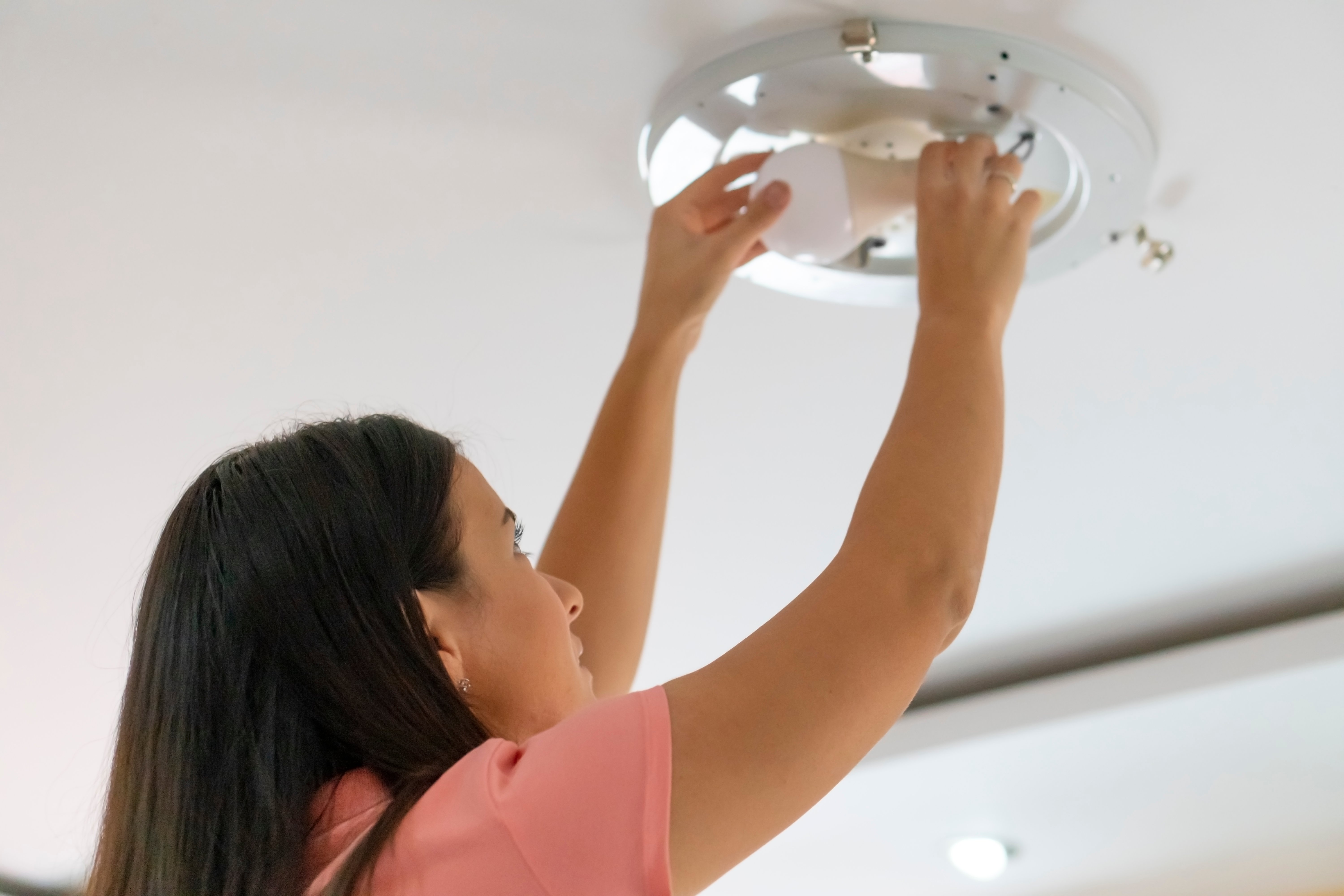
Did you notice you’re changing your bulbs way too often? You may think the bulbs you’re buying are not so good, but it could also be a sign of another electrical problem.
There are several reasons your bulbs are burning out too often. It can be due to high voltage, poor wiring, or improper air circulation. Reach out to a professional electrician for an inspection.
5. Problems with Wires
Messy, backstabbed wires or wires falling off from outlets all pose the possibility of fire sparks or electrocution.
If you have any issues with wiring, a professional will be able to get your sockets rewired or make sure wires are tightly secured in place to avoid hazardous situations.
6. Switches Don't Work Properly
If you find that your switches are not functioning as expected. The fault could be in the circuit, wiring. The switch may have been overridden or is just getting damaged because it's old.
Consult with a local electrician to replace the faulty light switches.
7. Issues with Outlets
If your outlets don’t work properly, there are a few problems you can face with them, such as:
Hot Outlets
If you notice heat in the outlet, this could imply a serious electrical problem that can cause a fire. Immediately unplug any cords, don't use the outlet, and call a pro.
Loose Outlets
If an outlet seems loose from the inside, this means wires are shaken free, which could lead to sparks and potential fire hazards.
Dead Outlets
When an outlet stops working, it means that at some point, they either burned out caused by faulty wiring. Forcing a "dead" outlet to work is a potential safety hazard and could spark a fire and severely damage your home.
If your outlet doesn't work, call an electrician.
Not Enough Outlets
You may think that not having enough outlets is ok, but it's, in fact, an electrical issue.
It means that you’ll have to overload the current outlets using an extension cord to power all your devices, which could lead to overloading and rapidly tripping circuits. This could put you at risk for an electrical fire, plus it could damage your devices.
It is advisable to have an electrician install more outlets for you. But if you have to use an extension cord temporarily, be sure you're using a heavy-duty 14-gauge extension cord.
8. High Electricity Bills
Did you notice that your electricity bills are going higher than your average use?
If you're mindful about electricity usage and you find that the bills are still high, this could be a sign of an electric problem in your house caused by:
Damage in wiring and circuit, which can cause a fire and sparks
Leakage in electrical systems
Outdated devices can consume more power
Have an electrician inspect and fix the problem. They might also install surge protectors and GFCI outlets, which will save electricity and protect your appliances.
9. Lights are Too Bright or Too Dim
Do you notice that some lights are brighter or some seem to be dimmer than normal? Then you are experiencing one of these problems:
Some bulbs consume different wattages
The main power panel is having technical problems
Poor connection, which can lead to eventual arcing and could result in sparking, overheating, and fire
Be sure to call a professional to get this issue inspected and fixed.
10. Electrical Shocks
Did you feel an electric shock when you turned on a device? Even if it was mild, it’s still an unpleasant experience.
Unfortunately, electrical shocks are common in older homes because of poor insulation, ungrounded or faulty wiring.
If you experienced an electrical shock call an electrician ASAP to have it tested.

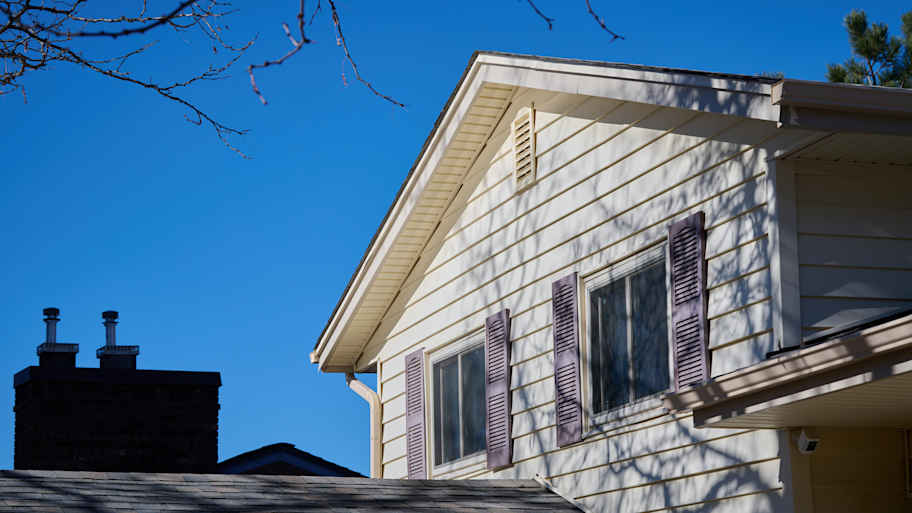
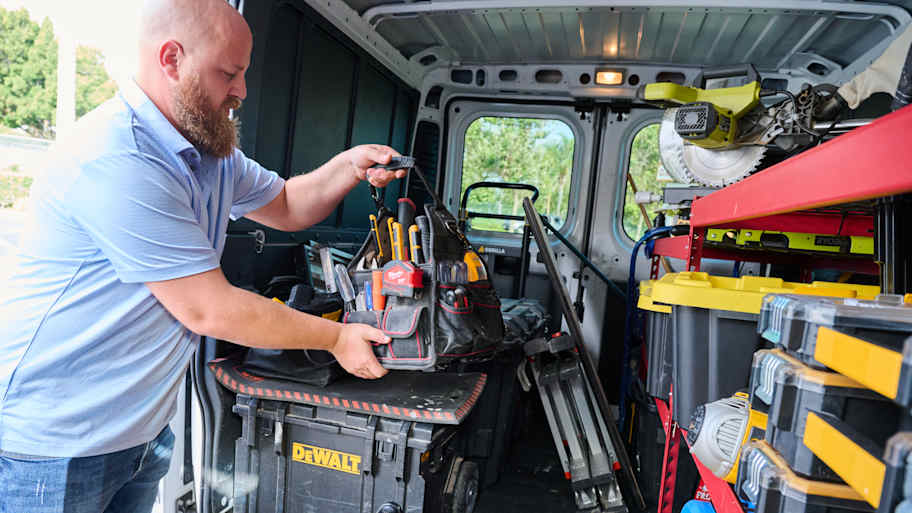
.jpg?impolicy=leadImage)
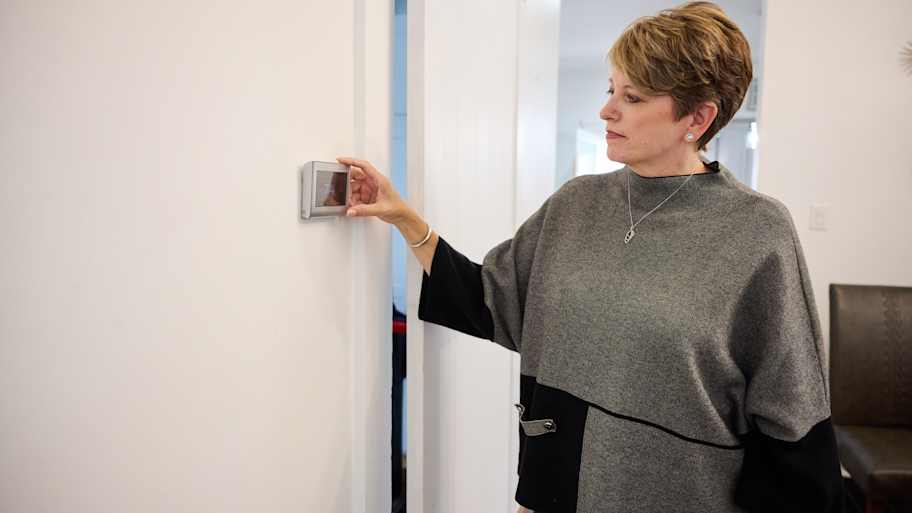
- Home Generator Repair
- Lamp Repair
- Electric Repair
- Generator Installation
- TV Antenna Services
- Emergency Electricians
- Commercial Electricians
- Attic Fan Installation
- Attic Fan Repair
- Exhaust Fan Installation
- Electric Inspectors
- Subcontractors
- Electrical Construction
- EV Charger Installer
- Chandelier Installation
- Doorbell Installation
- Bathroom Fan Installation
- Ring Installers
- Electrical Panel Upgrade



